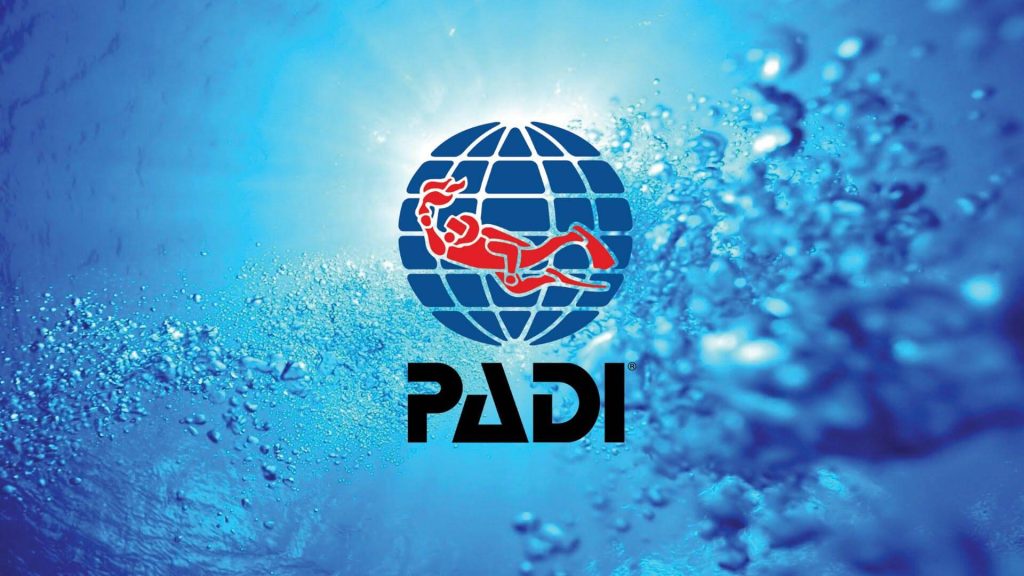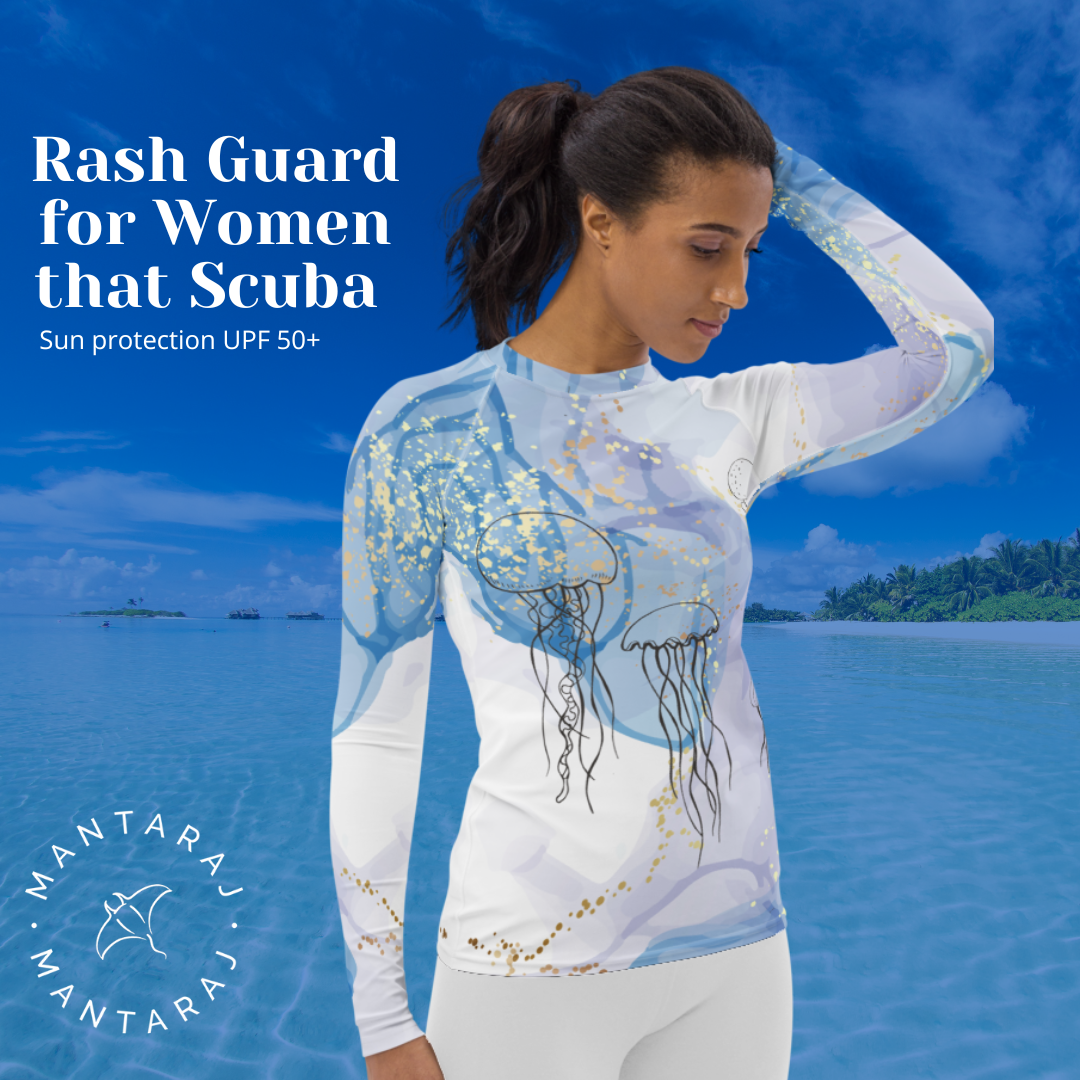Introduction
The Professional Association of Diving Instructors (PADI) is the world’s largest and most recognized dive certification organization. It was established in 1966 with the goal of providing standardized training and certification for recreational divers. PADI offers a comprehensive range of diving courses and programs, catering to divers of all levels, from beginners to professional instructors.
PADI has built a strong global network of affiliated dive centers and instructors, ensuring accessibility to their training programs in various countries and diving destinations. Their certification courses follow a structured curriculum, combining theoretical knowledge development, practical skills training, and open water dives to ensure divers receive a well-rounded education.
PADI courses are designed to be flexible and cater to individual learning preferences. They offer e-learning options that allow divers to study at their own pace before participating in practical training sessions with certified instructors. This approach provides convenience and accessibility, enabling divers to complete their training regardless of their location.
The certification levels offered by PADI include:
- Discover Scuba Diving: An introductory program for those who want to experience scuba diving under the supervision of a PADI professional.
- Open Water Diver: The entry-level certification that provides divers with the necessary knowledge and skills to dive independently with a buddy, up to a maximum depth of 18 meters (60 feet).
- Advanced Open Water Diver: This course allows divers to enhance their skills and gain experience in different diving environments, such as deep diving, underwater navigation, and night diving.
- Rescue Diver: A course focused on developing the skills and knowledge necessary to prevent and manage diving emergencies.
- Divemaster: The first professional level in the PADI system, training individuals to assist instructors and supervise diving activities.
- Instructor levels: PADI offers several levels of instructor development courses, allowing experienced divers to become certified PADI instructors and teach diving courses.
Summary
PADI is known for its commitment to safety, quality training, and environmental awareness. They promote responsible diving practices and marine conservation through initiatives like the Project AWARE Foundation, which focuses on ocean protection and shark conservation.
By choosing PADI certification, divers can benefit from the recognition and credibility that comes with being certified by the world’s leading dive training organization. PADI-certified divers have the opportunity to explore breathtaking underwater environments and join a global community of diving enthusiasts who share a passion for the ocean and its preservation.
Critique
While the Professional Association of Diving Instructors (PADI) is widely recognized and respected in the diving community, there are some criticisms that have been raised against the organization. It’s important to note that these critiques are not universally held and may not represent the views of all divers or industry professionals. However, I will outline a few common points of criticism below:
- Commercialization: One criticism often leveled against PADI is the perception of excessive commercialization. Some argue that the organization focuses more on profit-making rather than prioritizing the quality and integrity of dive training. Critics claim that PADI’s emphasis on selling courses and certifications may lead to a “quantity over quality” approach.
- Inconsistent Instructor Quality: Another criticism relates to inconsistencies in instructor quality. PADI has a large number of affiliated dive centers and instructors globally, and some argue that this can result in variations in the level of training and professionalism among instructors. Critics claim that while many PADI instructors are highly skilled and dedicated, there may be instances where the quality of instruction falls short.
- Environmental Responsibility: PADI is known for its commitment to marine conservation and environmental awareness. However, some critics argue that more could be done to strengthen PADI’s environmental initiatives. They contend that the organization could take a stronger stance on issues like sustainable diving practices, reducing plastic waste, and promoting responsible tourism within the diving industry.
- Certification Levels: PADI’s certification system has been criticized for being too heavily focused on the number of dives and certifications, rather than emphasizing experience and mastery of skills. Some argue that the rapid progression through certification levels may encourage divers to pursue higher certifications without acquiring sufficient practical experience and competence.
- Standardization: While PADI provides standardized training, critics argue that this standardization may limit creativity and flexibility for instructors. They suggest that a more individualized approach to teaching diving skills and techniques could be beneficial, allowing instructors to adapt to the specific needs and abilities of each diver.
It’s worth mentioning that PADI has made efforts to address some of these criticisms. For example, they have introduced programs like the Revised Open Water Diver Course, which places a stronger emphasis on practical skills and real-world diving scenarios.
Overall, while PADI has its critics, it remains a dominant force in the dive certification industry and has played a significant role in popularizing scuba diving and promoting safety and education among divers worldwide. Divers should consider these critiques alongside other factors when selecting a dive certification organization and should also assess their individual needs and preferences before making a decision.
If you find our review wrong or misleading, feel free to contact us so that we can make corrections. Contact us at hello@divepricer.com


